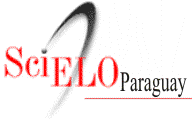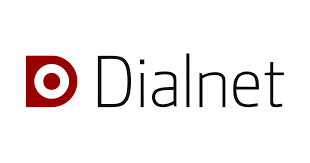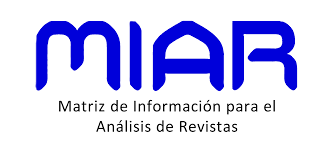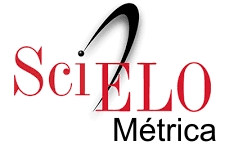Strengthening Paraguay's diagnostic capacity during the pandemic: the role of the National Service for Animal Health and Quality-SENACSA in the COVID-19 response
DOI:
https://doi.org/10.18004/mem.iics/1812-9528/2024.e22152403Abstract
The health emergency caused by the COVID-19 pandemic in Paraguay posed significant challenges in terms of diagnostic capacity and the handling of highly infectious samples. Following the confirmation of the first cases1, the urgent need for sample processing centers with the necessary technical capacity and infrastructure became evident. At that time, the only laboratory available to process samples nationwide was the Central Public Health Laboratory (LCSP), which proved insufficient to cope with the growing health threat.
In response to this situation, Dr. José Carlos Martin Camperchioli, President of the National Service for Animal Health and Quality (SENACSA), offered the facilities, laboratories, and technical staff of the General Directorate of Laboratories (DIGELAB) to the Ministry of Public Health and Social Welfare (MSPyBS) to support the processing of COVID-19 samples. SENACSA operates a high-security laboratory, the "Dr. Gilfredo Comparsa Darsie" Laboratory, certified with NSB3A-NB4 OIE Biosafety Level (Biological Safety Level 3 for Agriculture, Biosafety Level 4 for the World Organization for Animal Health), designed for handling pathogens that pose a risk to animal health.
With the approval of MSPyBS, work began on April 12, 2020, under the coordination of Dr. Graciela Russomando. A call was made for volunteers from various fields to assist with sample processing. Over the months, 43 professionals from diverse scientific areas answered the call, including biochemists, biotechnologists, biologists, agronomists, veterinarians, food technologists, and dentists. Additionally, 26 permanent staff members from the institution became part of the work team. Later, from July 2020 onwards, I took on the role of inter-institutional coordinator and remained in this position until the completion of the work in December 2020.
The main objective of the team was to increase the country's diagnostic capacity, which at that time was processing about 400 samples daily. SENACSA’s laboratory was equipped to process between 500 and 600 samples daily, which proved critical at a time of heightened demand. Through an agreement with the National Laboratory Network (RNL) and the LCSP, SENACSA initially took on 100% of the responsibility for processing samples collected from two key points: the waterfront in Asunción and the Highway Patrol checkpoint in San Lorenzo, significantly optimizing resources and processing times. Additionally, we received samples from hospitals and shelters in various cities, such as Ciudad del Este, Encarnación, and Paraguarí. Thanks to SENACSA's efforts, we were able to secure a donation of extraction kits for 8,000 samples and PCR kits for 10,000 determinations. These supplies were crucial while awaiting reagents purchased through the National Council for Science and Technology (CONACYT) and also provided by the LCSP.
SENACSA's technical team developed an “in-house” diagnostic technique, which helped reduce costs and increase efficiency. This methodology enabled the laboratory to conduct up to 50,000 qPCR reactions, enhancing processing capacity without relying on commercially available kits, which were in high demand and expensive at that time. Moreover, a "pooling" strategy was implemented to process samples in batches, designed to increase the number of samples processed without compromising the quality of the results. This strategy allowed the laboratory to process up to 700 samples daily, significantly contributing to the national diagnostic capacity. However, due to the rising number of positive cases, this methodology was suspended a few months later when the positivity rate exceeded 10%, making the pooling approach unfeasible.
SENACSA processed a total of 76,660 samples over 245 days of work, accounting for 30% of the samples processed nationwide2. Although other laboratories joined the RNL, significantly increasing processing capacity, SENACSA’s contribution was critical in the early months of the crisis.
In 2020, SENACSA expanded its scope of functions to protect and improve human health under the "One Health" concept, which recognizes the interdependence of human, animal, and environmental health. It was one of the first institutions to assist MSPyBS in managing and processing COVID-19 samples, making its team of experts, laboratories, and facilities available. The decision to offer its resources, personnel, and infrastructure was key to strengthening the national healthcare system, marking a vital contribution to COVID-19 diagnostics during the health emergency.
Downloads
References
1. Ministry of Public Health and Social Welfare. First case of the new coronavirus in Paraguay. [Internet]. Ministry of Public Health and Social Welfare. 2020 [cited March 30, 2020]. Available in Paraguay. https://www.mspbs.gov.py/portal/20535/primer-caso-del-nuevo-coronavirus-en-el-paraguay.html
2. Technical Report on COVID-19 Management-Year 2020: Available in: https://documentos.senacsa.gov.py/share/s/BycKMCsgS9aH3jLZ27Onxw















